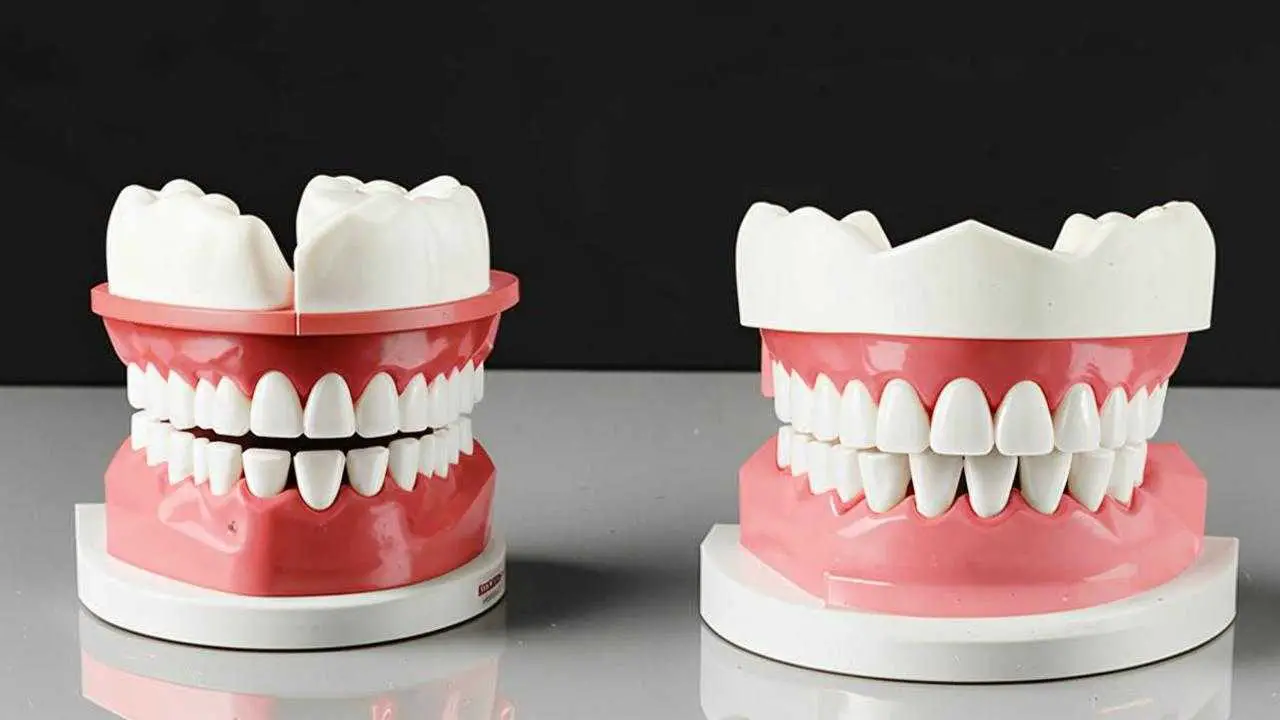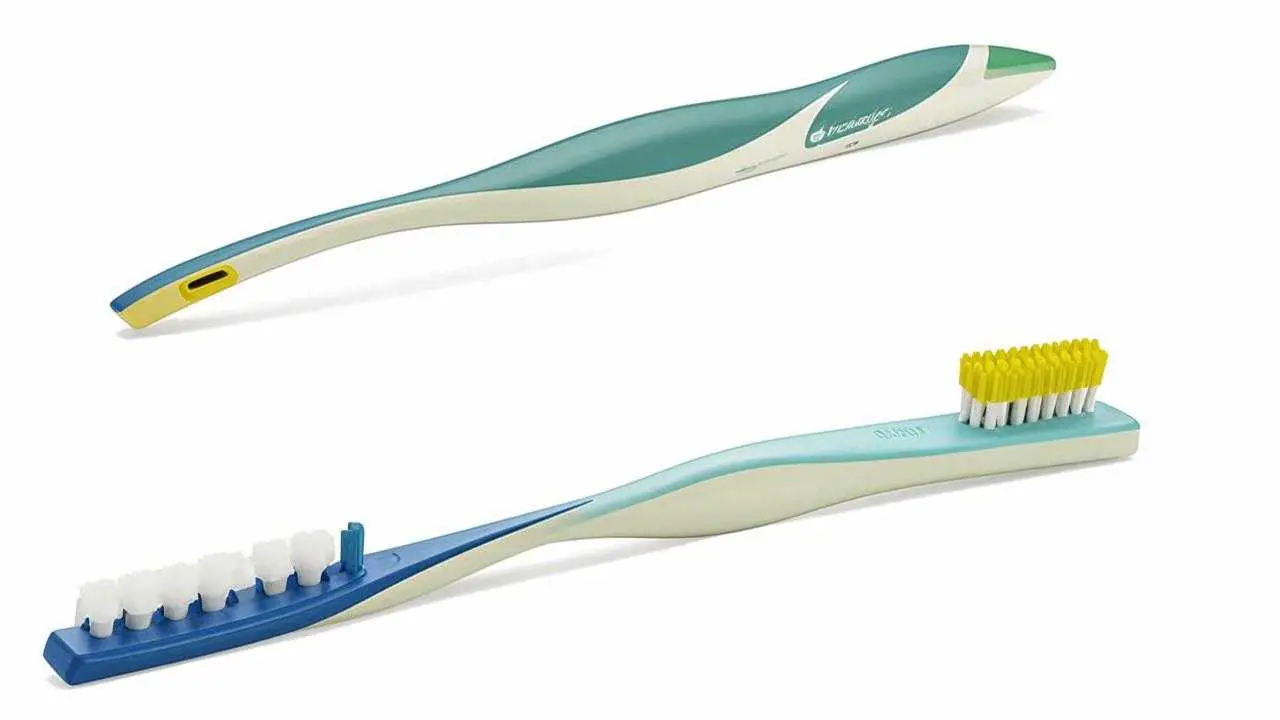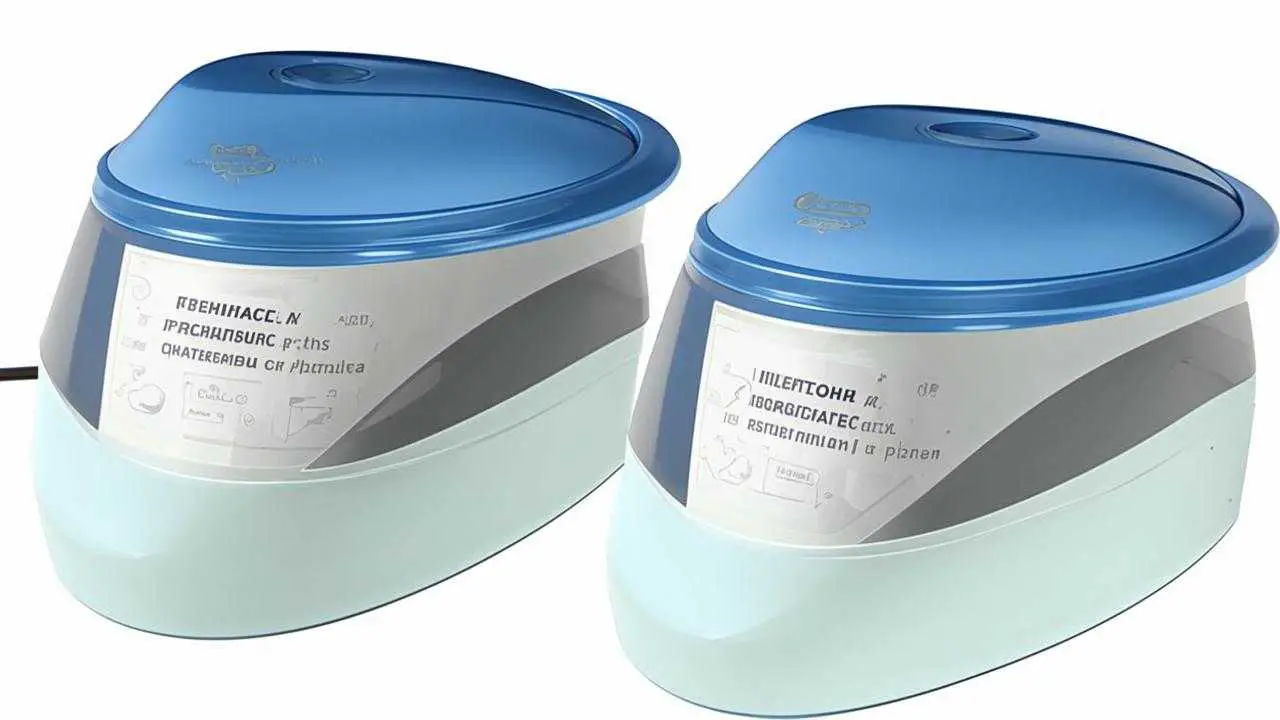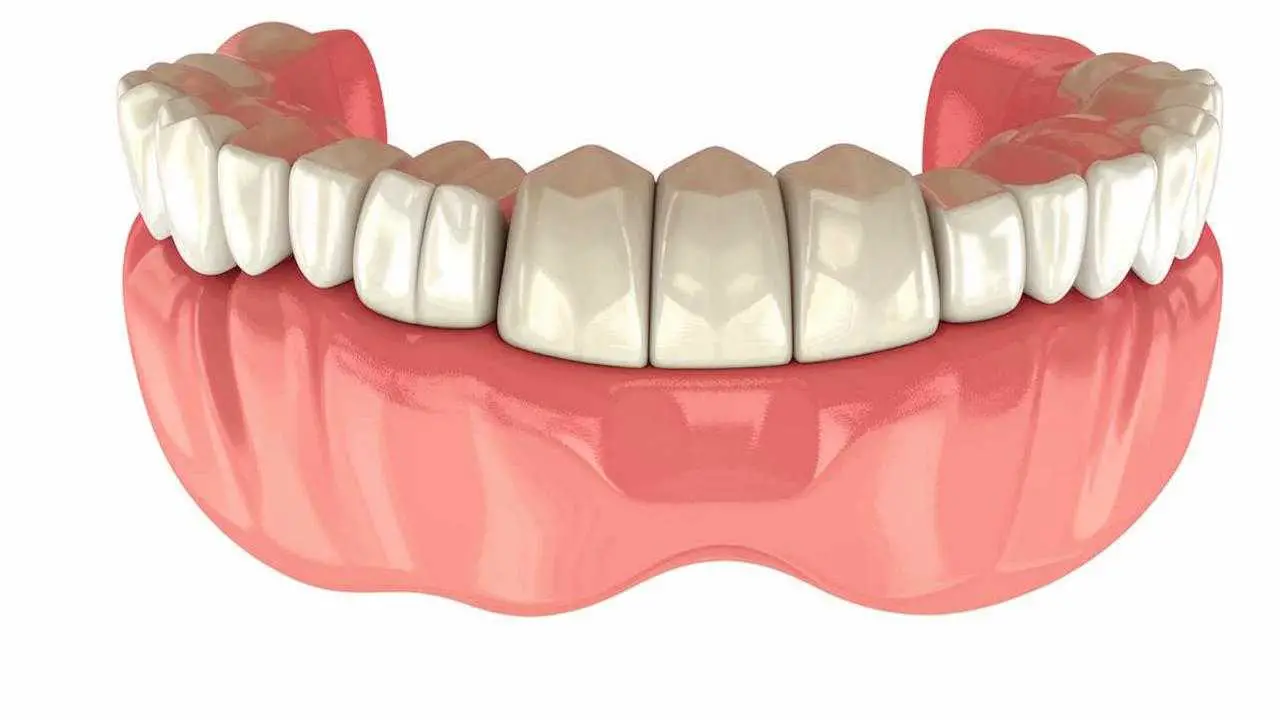There are many ways to restore teeth, including removable dentures. They help restore the beauty of the smile, restore chewing function, and improve self-esteem. To keep the restorations looking attractive and lasting for several years, they need to be cared for. Cleaning and disinfecting dentures is an important part of the care routine.
After installation, the dentist will definitely give recommendations on how to use the dentures. He will warn that in the first days the restoration will interfere. It is necessary to psychologically adjust and survive this time. After a few days, it will become easier. Usually, the first day is the most difficult. Then will be followed by a difficult 5-7 days of habituation, but they are not so tense. During this period, orthopedists advise to keep the prosthesis on overnight and to take it out of the mouth only for cleaning.
During these days, the patient is practicing the skill of removing and putting on the dentures, speaking when the tongue is tight in the mouth, chewing with unaccustomed high teeth.
How long you can wear dentures without removing them
The adaptation period is considered to be at an end when the patient becomes uncomfortable without dentures. He already knows how to quickly put them on, they do not interfere with speech, participate in chewing food. The period when it is better not to remove the structure is coming to an end. Now it can be removed, but how often?
The standard recommendation is to remove the prosthesis at night so that the gums can rest. If the denture is not removed, the hygienic condition of the oral cavity deteriorates. However, modern dentistry is individualized, so how often to remove dentures depends on the specific circumstances. For example, with removable dentures, it is important how many antagonist teeth are left. In some cases, the denture helps to protect the remaining teeth from traumatic occlusion (touching) and overstressing. Splinted appliances or restorations should not be removed in cases of arthropathy and bruxism [1].
The side effects of the restoration can be compensated for by palatal-free dentures and frequent cleaning.
The basic rule of thumb is that the less frequently the patient removes the denture, the more carefully it should be cared for.
Products to avoid
Properly caring for dentures means, among other things, that they must be treated with care. For the first time after insertion, patients may have to modify their diet slightly. Although most foods will gradually return to the diet, some foods should be avoided altogether. These are solid foods: breadcrumbs, nuts, seeds, rusks and lambs. To the category of undesirable include toffees, nougat, chewing gum. It is better to avoid too hot food, so that cracks do not form on the base.
In the first time it is better not to bite anything at all, then bite with the lateral group of teeth, gradually moving to the front group.
It is important to chew food slowly, paying attention to the fact that the chewing load is distributed evenly on both sides.
Tea, coffee, red wine and dark berries create conditions for discoloration of restorations. This should also be kept in mind when choosing your drinks and food.
This is especially true for acrylic plastics. They are permeated with micropores where pigments can easily accumulate. Newer materials such as Acry Free or QuattroTi are resistant to dyes.
How to store
The best place to store dentures is in a special container. As a last resort, it can be dropped into a glass of water or wrapped in a damp cloth. Dentures should be stored overnight and between uses:
- away from children and animals;
- in a special solution or cooled boiled water. Do not put into boiling water or tap water that has many impurities.
Whether to place the item in water or a special storage solution depends largely on the material. Modern thermoplastics do not need a humid environment, while classic acrylics can dry out without water. Your dentist will advise you on how to properly store your dentures, taking into account the material of the structure.
How to care for dentures
A side effect of removable dentures is a change in the microflora of the oral cavity. Because of the denture, the palatine membrane and gums no longer clean themselves. Bacteria accumulate in the mouth, especially in the areas of attachment to the crown of the tooth, if the design is partial. The longer the restoration is used, the more it is exposed to bio-contamination.
Proper care has a great impact on the service life of removable restorations. It is multistage, but in reality does not require much time and effort.
In dentistry, there are mechanical, chemical, and physical methods of cleaning restorations.
Mechanical cleaning is carried out with a special toothbrush. Effectively clean removable dentures from plaque helps that it has bristles on both sides. The longer one is for the outer side and the shorter one for the inner side. The heads can be straight or crescent-shaped.
An orthopedic dentist can tell you how to clean your dentures. The brush should be soft, usually written “soft” on the package, and the paste – low-abrasive. The coefficient of abrasiveness is indicated on the package under the letter designation RDA.
For nylon and Acry Free bases, it is best to choose a paste with zero abrasiveness. Such toothpaste is produced for children up to 3 years old. You can use liquid soap instead of toothpaste.
Acrylic bases can be cleaned with a paste with abrasiveness up to 25. With conventional pastes, this coefficient is from 60 and higher. Bleaching pastes are not recommended.
Chemical cleaning is soaking in disinfectant solutions. The design is immersed in a ready-made solution or add a special tablet to the water. Such means are sold in pharmacies. The most famous brands are Corega and Protefix (Corega, Protefix). These products destroy bacterial plaque, which can cause mucosal diseases and is the cause of unpleasant odor from the denture. After being in the solution, the structure spreads a pleasant odor.
However, in case of strong contamination, such disinfection does not give 100% cleaning. If a layer of pigment or tartar has formed on the product, tablets for home care of removable prostheses made of plastic will not help. Here, polishing by a dentist or ultrasound is used.
Physical cleaning with ultrasound is suitable for full dentures made of any material. Ultrasound passes through the liquid, creating bubbles on the surface of the restoration, which burst, helping to clean plaque on the dentures, clean them from food residues and dirt, even from hard-to-reach places. 10-20 minutes in such a bath and there is no trace of bacterial plaque. The higher the power of the ultrasonic bath, the better it cleans the surface.
It is recommended to rinse the restoration under running water after every meal. The cleaner the denture, the more comfortable it feels in the mouth. A structure covered with plaque and stains wears out faster. In addition, dirt and bacterial film provoke inflammatory processes in the oral cavity. With proper and regular use of cleaning agents, restorations retain their attractive appearance for a long time.
If the design is tarnished and bears traces of pigmentation, you can contact the dentist and he will send the denture for polishing.
Denture whitening
Pigmentation and brown plaque can ruin the appearance of any restoration. Regular oral care with dentures extends the life and maintains the aesthetics of the structure. Bleaching pastes, on the other hand, are only harmful. They contain too many abrasives that scratch the plastic. The surface of artificial teeth is not as strong as natural teeth and can be easily damaged.
Acids from home whitening kits are simply dangerous. The reaction of their components with denture materials can lead to unpredictable, life-threatening results.
To whiten dentures at home, it is better to use special means. For example, whitening tablets Korega. They gently clean the surface without harming it, eliminate unpleasant odor and remove stains. Tablets slightly lighten artificial teeth, along with destroying pathogenic microflora,
Lifespan
If you wear dentures correctly and take good care of them, they will retain their original appearance for a long time. But after a maximum of 5 years , it will still have to be replaced. This is due to the fact that removable dentures do not stop bone loss. Over the years, the gum sags, the relief of the mouth changes and the prosthesis no longer fits. Correction and relining can help in the first few years, but over time the changes become so pronounced that only a new denture can save the situation.
Dentures for many years
The only way to have dentures that will last for decades is with implant dentures. Implants take over all the functions of the teeth. They participate in the chewing process just like your own teeth. The load stimulates blood circulation and tissue metabolism. The bone tissue stops shrinking. The denture will not have to be replaced due to a change in relief.
Implants can be fitted with removable (the patient can remove the denture himself), conventionally removable (the denture can be removed by the doctor) and fixed dentures. Unlike conventional restorations, these restorations restore chewing function 100%. Your smile becomes younger and you do not have to worry that at the most inopportune moment the denture will fly out of your mouth.
Modern implantation methods even allow you to restore your teeth in just 3 days.
Getting a denture doesn’t mean you don’t need to visit the dentist. You do, and regularly. The dentist will pay attention to scuffs and ulcers on the gums, prescribe an ointment, rinse or application. If there is a change in topography, the prosthodontist will perform a relining. The denture and teeth will be professionally cleaned. He or she will evaluate the occlusion by checking whether the teeth are in proper contact when the jaws are locked together.
You should make an appointment without delay if the restoration rubs badly, if there are rashes and ulcers on the gums, if the structure is chipped and cracked, or if it does not hold despite the means of fixation.
[1]Source: https://studfile.net/




